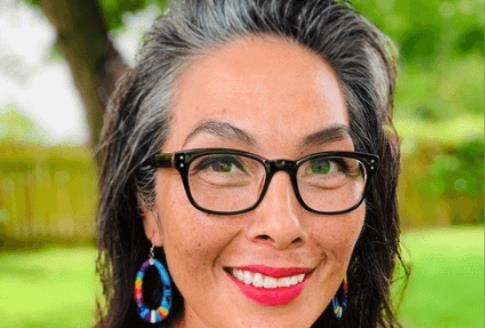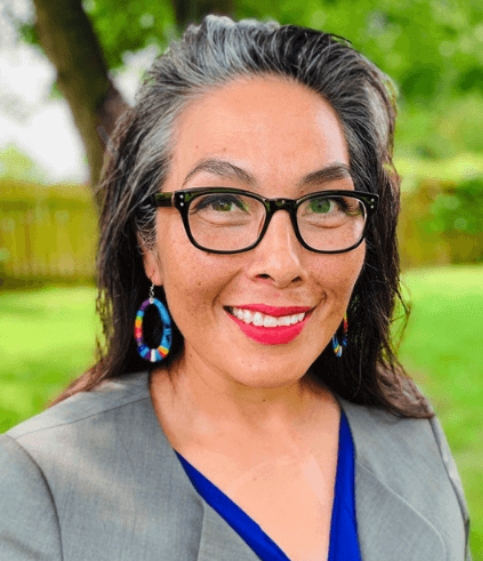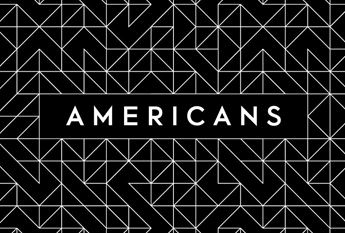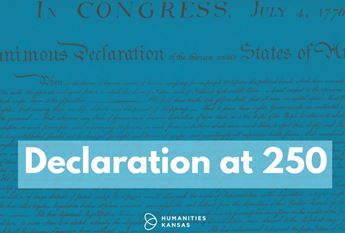

Big Idea: American Indian Students Define Success in Their Own Terms
March 8, 2022
What does success in higher education look like for American Indian students? This month’s Big Idea discussion with Dr. Darryl Monteau will explore her research findings on the persistence and accomplishments of American Indian graduate students who did their undergraduate work at a tribal college or university. When these Indigenous students earn their masters degrees among predominantly white students, do they measure success in the same way as their white peers? How do they view this success?
There are 35 tribal colleges and universities in the United States whose sole focus is on serving American Indian and Alaska Native students. These postsecondary institutions are found on tribal reservations and in a few in urban areas. They play a vital role in Native American communities and provide access to postsecondary education for their community members. Haskell Indian Nations University, located in Lawrence, has a long history that goes all the way back to 1884. Haskell was first known as the United States Industrial Training School and was part of the government’s efforts to assimilate American Indian people to the ways of white society. Fast forward over 100 years later, Haskell is now an institution of higher education offering four baccalaureate degrees and serving on average 700 American Indian and Alaska Native students each year. The story of Haskell reflects the resilience and endurance of Native American people throughout history.
However, after graduating from a university like Haskell, tribal college students who matriculate into predominantly white graduate programs are often met with issues that their non-Native peers do not experience. Faculty and staff at these institutions usually lack experience in serving students from tribal lands; they do not understand the American Indian student’s culture and background; and they rarely have the programs necessary to help ease a student’s transition into a mainstream university experience.
Dr. Monteau’s research has shown that although these Indigenous students face challenges quite different from their white counterparts, they also redefine what the term “success” means to them. Like their peers, success is viewed in scholarly achievements. However, these students also report that social connections and a community of support that is established while in their graduate programs is important. They build these areas—scholarship, social networking, and a community of peers—while also staying connected to their Indigenous culture and family. Researchers can benefit by taking a broader definition of success when measuring accomplishments and experiences of Native American students.

About Darryl Monteau
Darryl Monteau, EdD (Kiowa-Apache-Comanche) currently serves as Associate Director for Mission Programs and Native Initiatives at the Society for Advancement of Chicanos/Hispanics & Native Americans in Science. She works to provide resources and opportunities for historically challenged students, postdocs, and professionals in STEM. Monteau’s dissertation focused on the persistence of American Indian/Alaska Native graduate students and shared a collective perspective of their experiences and how they defined success. She received her doctoral degree in Educational Leadership and Policy Studies from the University of Kansas in 2020 and her bachelors degree from Haskell Indian Nations University.
Spark a conversation
- WATCH "A Walk in My Shoes." As a member of the Osage Nation, Alex Red Corn gew up in two worlds, navigating his wat through educational systems while holding to his culture.
- WATCH "Good Morning Indian Country." Every Wednesday morning in March and April, the Lawrence Arts Center broadcasts "morning radio for the reservation." Guest performers, humanities scholars, and culture-bearers will provide insight for in-the-moment topics.



